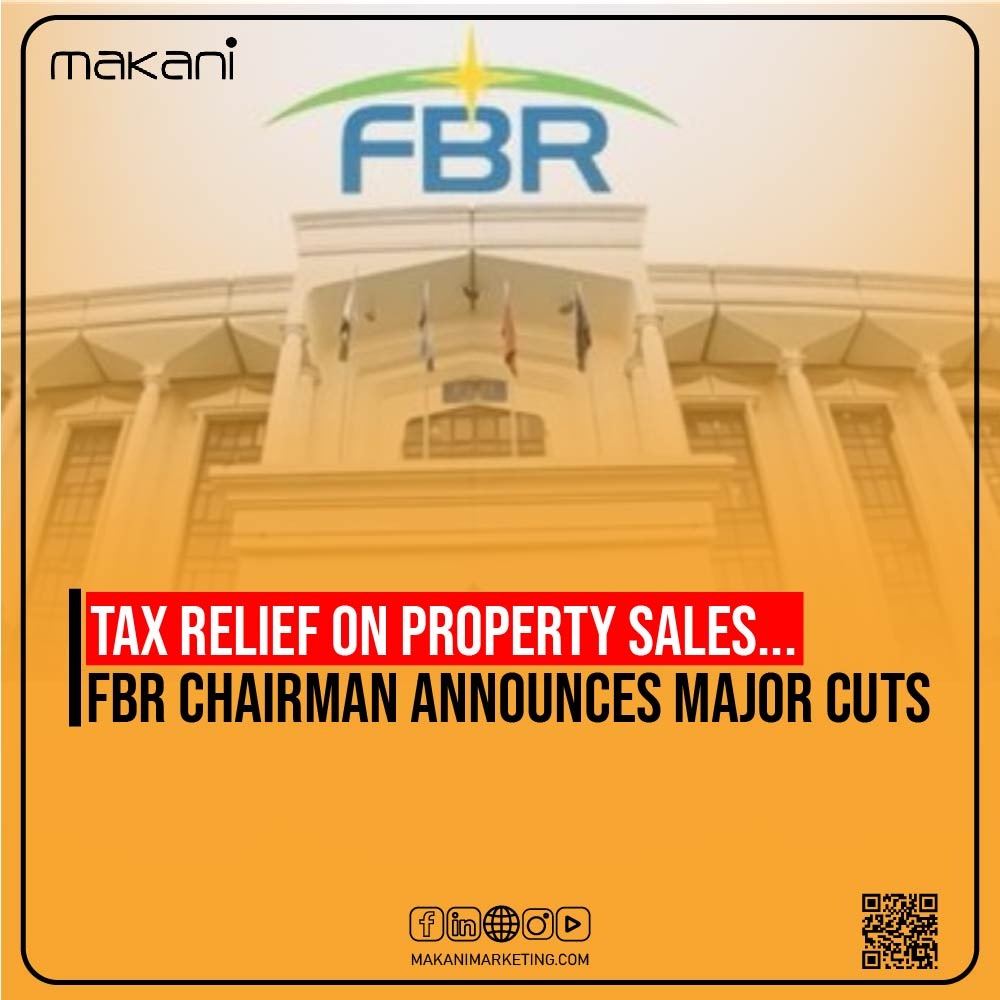At Makani Marketing, we understand the challenges that the real estate sector faces in Pakistan’s fragile economy. In this blog, we explore how economic instability impacts real estate and offer insights on navigating these challenges.
Understanding Pakistan’s Fragile Economy
Pakistan’s economy has faced numerous challenges in recent years, including political instability, inflation, and currency devaluation. These factors contribute to economic fragility, affecting various sectors, including real estate. The real estate market is particularly sensitive to economic conditions, making it essential for investors and developers to stay informed and adapt.
Impacts of Economic Instability on Real Estate
1. Decreased Investment
Economic uncertainty often leads to reduced investment in the real estate sector. Investors may hesitate to commit funds to property development or purchases, fearing potential losses due to market volatility. This hesitation can slow down the growth of the real estate market.
2. Inflation and Property Prices
High inflation rates can significantly impact property prices. As the cost of construction materials and labor increases, property prices also rise. This can make it more challenging for potential buyers to afford homes, leading to a slowdown in the market.
3. Currency Devaluation
Currency devaluation can affect the purchasing power of investors and buyers. For those holding assets in local currency, devaluation reduces their ability to invest in real estate. Additionally, foreign investors may find the market less attractive due to fluctuating exchange rates.
4. Interest Rates and Financing
Economic instability often leads to higher interest rates, making financing more expensive. Higher interest rates can deter potential buyers from taking out mortgages, reducing the demand for real estate. Developers may also face challenges in securing affordable loans for new projects.
Strategies to Navigate Economic Challenges
1. Diversify Investments
Diversifying investments can help mitigate risks associated with economic instability. By spreading investments across different property types and locations, investors can reduce their exposure to market fluctuations.
2. Focus on Affordable Housing
In times of economic uncertainty, the demand for affordable housing tends to remain stable. Developers and investors can focus on creating affordable housing projects to meet this demand and maintain a steady cash flow.
3. Leverage Technology
Utilizing technology can help streamline operations and reduce costs. Real estate agencies can use digital marketing, virtual tours, and online transactions to attract buyers and close deals more efficiently. Technology can also enhance property management and tenant services.
4. Monitor Market Trends
Staying informed about market trends and economic indicators is crucial for making informed decisions. Regularly monitor factors such as inflation rates, interest rates, and government policies that can impact the real estate sector.
5. Build Strong Relationships
Building strong relationships with financial institutions, investors, and government bodies can provide valuable support during challenging times. Collaborative efforts can lead to better financing options, investment opportunities, and regulatory support.
6. Long-Term Planning
Adopt a long-term perspective when investing in real estate. While economic conditions may fluctuate, real estate is generally a stable long-term investment. Focusing on long-term goals can help weather short-term economic challenges.
Conclusion
Pakistan’s fragile economy presents challenges for the real estate sector, but with the right strategies, investors and developers can navigate these difficulties. At Makani Marketing, we are committed to helping our clients succeed in any economic climate. By staying informed, diversifying investments, and leveraging technology, we can overcome economic challenges and achieve sustainable growth.
For more insights and tips on navigating the real estate market in Pakistan, follow Makani Marketing. Together, we can build a resilient and thriving real estate sector.













